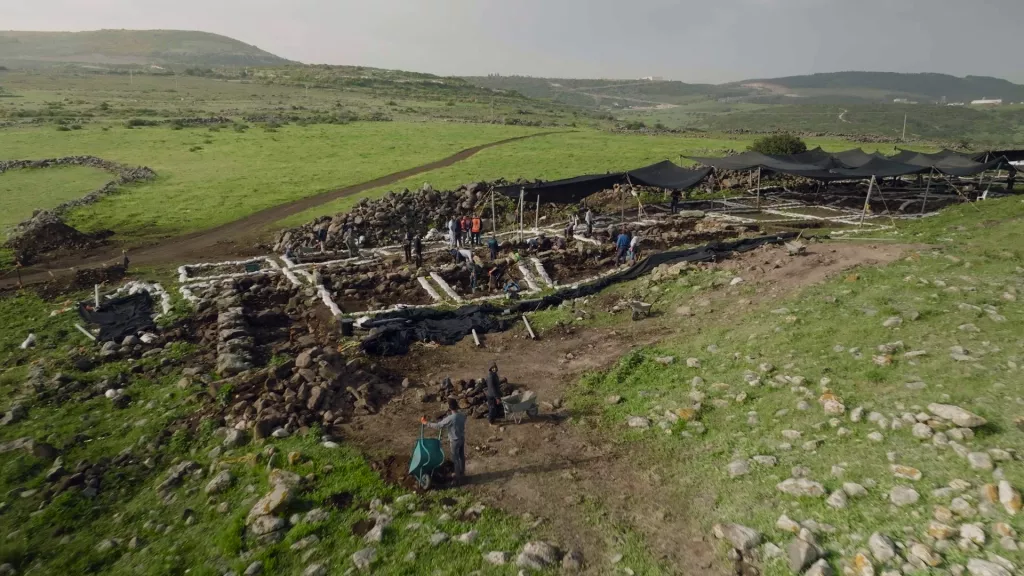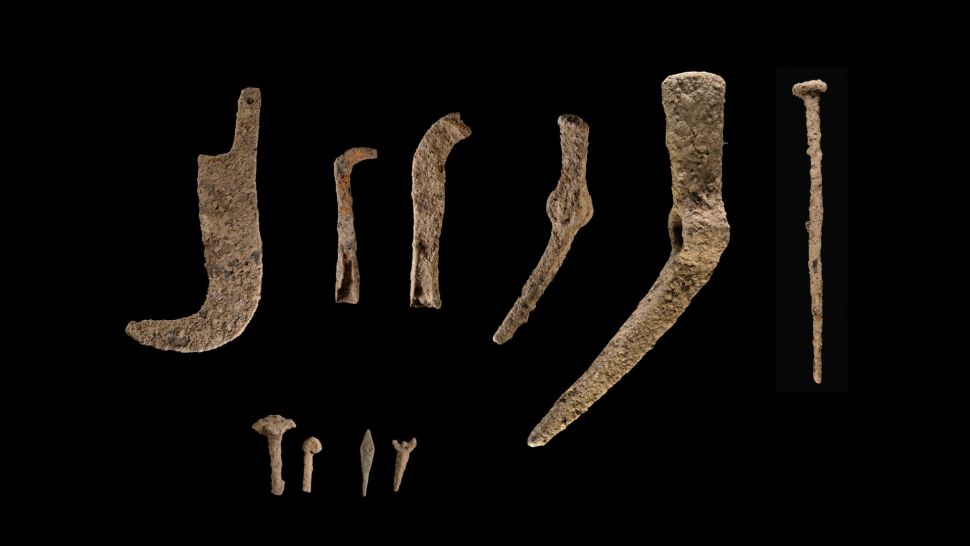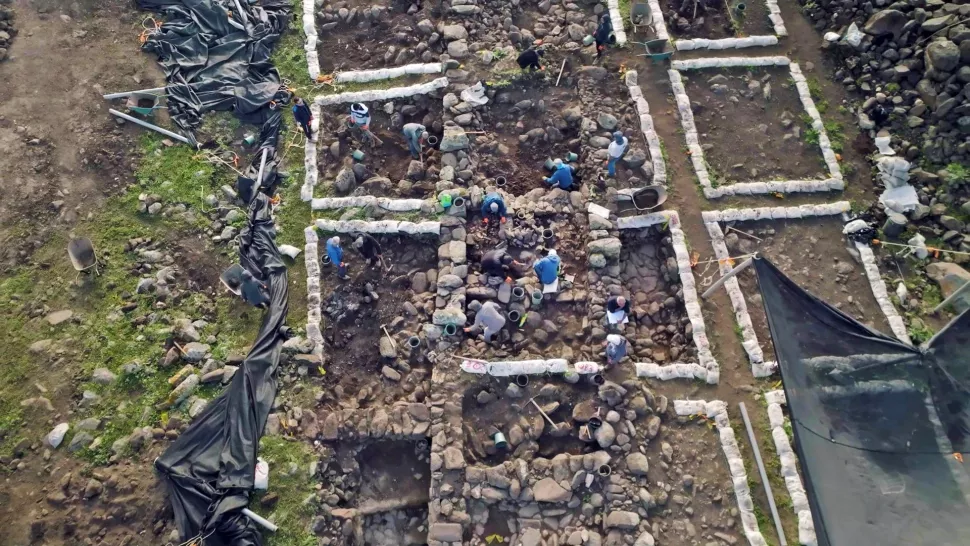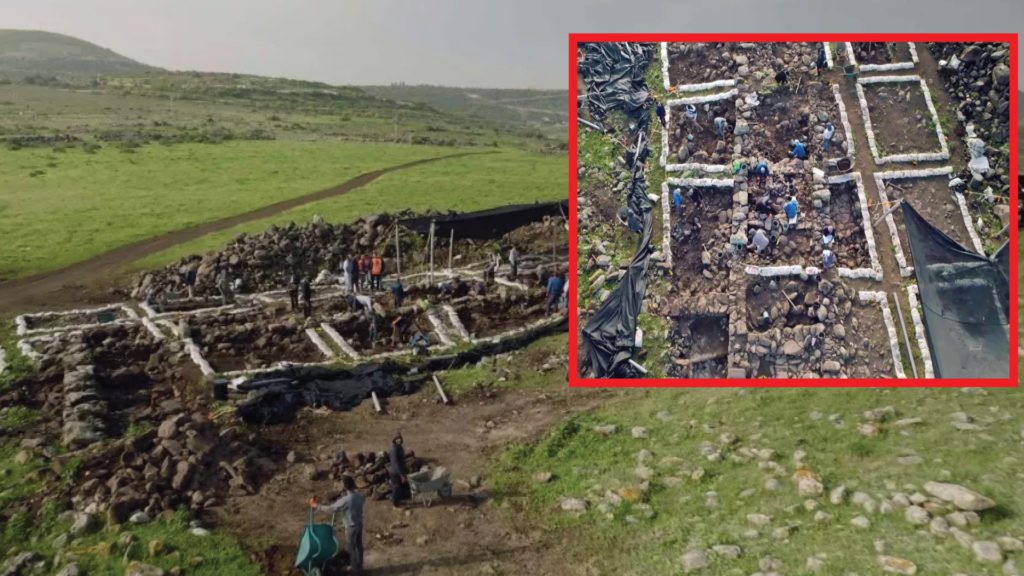A major archeological discovery dating back to biblical times was made in the northern part of the Jewish holy land of Israel this month.
The archeologists discovered an ancient farmstead in the Sea of Galilee which they said was essentially “frozen in time” since many of the tools and items were left intact.


“We were very lucky to discover a time-capsule, frozen in time, in which the finds remained where they were left by the occupants of the site,” archaeologist Amani Abu-Hamid said in a statement. “It seems that they left in haste in face of an impending danger, possibly the threat of a military attack.”
According to Live Science, the researchers uncovered “still-intact storage jars at the site, as well as weights for weaving looms on a shelf.” They claimed these items prove the farm was abandoned by its owners.


“We know from the historical sources, that in this period, the Judean Hasmonean kingdom expanded into the Galilee, and it is possible that the farmstead was abandoned in the wake of these events,” Abu-Hamid said.
While the researchers were hesitant to claim to know who previously occupied the farm, Live Science said “it’s possible they were subjects of the Seleucid Empire who left to escape an invasion of the area by the forces of the Hasmonean Kingdom — an independent Jewish kingdom based in Jerusalem to the south.”
Artifacts discovered at a 2,100 year-old farm in northern Israel suggest the inhabitants fled, leaving their home and farming gear unusually intact. https://t.co/1qqLmZHVtf#Archaeology #Israel #Galilee #Artifacts pic.twitter.com/eXMbYthUqo
— The Archaeological Conservancy (@tac_org) May 27, 2022
Not much is known about the Hasmonean Kingdom or the people who lived there. The tools, however, imply it was possibly a sheep or goat farm. “More research is required to determine the identity of the inhabitants of the site,” Abu-Hamid said.
The Hasmonean farm was not the oldest thing uncovered at the site. The researchers also discovered foundations of buildings and pottery vessels that seem to date to the ninth and 10th centuries B.C.


According to Live Science, the farm would have likely existed during the rule of Seleucid king Antiochus IV Epiphanes, who took over Judea in 168 B.C. Through his cruel policies, he sparked the Maccabean Revolt. This Revolt is probably best remembered for the story of the miracle oil leading to the creation of the Jewish holiday Hanukkah.
It’s always fascinating to see archeologists dig up things so closely tied to our own faith and beliefs. Do you feel inspired by finds like this one in Israel?



